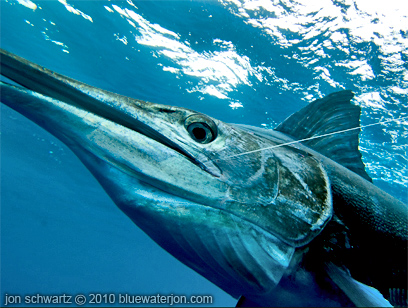Article Courtesy: Brian Key | Originally Published Biology & Philosophy March 2015, Volume 30, Issue 2, pp 149-165 | Please click here for FULL article.
Phenomenal consciousness or the subjective experience of feeling sensory stimuli is fundamental to human existence. Because of the ubiquity of their subjective experiences, humans seem to readily accept the anthropomorphic extension of these mental states to other animals. Humans will typically extrapolate feelings of pain to animals if they respond physiologically and behaviourally to noxious stimuli. The alternative view that fish instead respond to noxious stimuli reflexly and with a limited behavioural repertoire is defended within the context of our current understanding of the neuroanatomy and neurophysiology of mental states. Consequently, a set of fundamental properties of neural tissue necessary for feeling pain or experiencing affective states in vertebrates is proposed. While mammals and birds possess the prerequisite neural architecture for phenomenal consciousness, it is concluded that fish lack these essential characteristics and hence do not feel pain.






